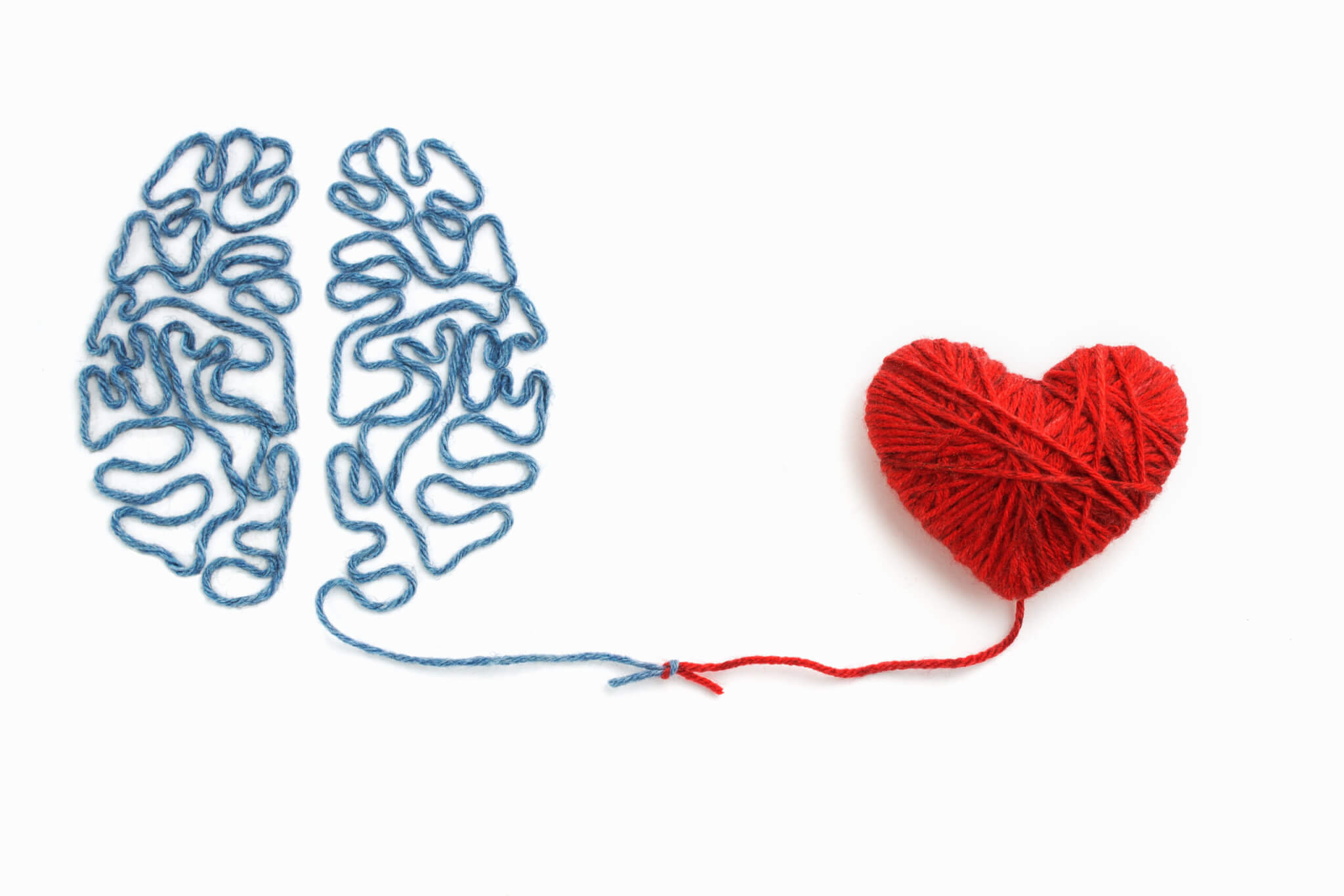Time: 2024-07-19
The research conducted by the Technion at the Ruth and Bruce Rappaport Faculty of Medicine focused on the brain 's reward system and its potential to improve recovery from acute myocardial infarction ( AMI ) , commonly known as a heart attack . Led by Ph.D. student Hedva Haykin under the supervision of Prof. Asya Rolls and Prof. Lior Gepstein , the study found that activating this brain network significantly reduced the extent of infarct scarring and improved clinical outcomes in mice.
The study established a causal link between the reward system and AMI recovery , opening up potential therapeutic interventions for heart disease treatment . The research revealed a mechanistic connection between mental state and heart attack recovery , shedding light on the physiological mechanisms at play.

Activation of the reward system in the brain , largely driven by dopamine release in the ventral tegmental area ( VTA ) , plays a crucial role in modulating immune activity and improving cardiac performance . The study showed that intervening in the VTA post - AMI led to favorable immune response modulation , reduced myocardial fibrosis , and enhanced blood vessel formation , ultimately improving heart function.
The researchers also identified various non - invasive methods to stimulate the reward system in humans , such as pharmacological interventions , biofeedback , and focused ultrasound . These interventions could have significant implications for heart attack treatment in the future.
Hedva Haykin , the Ph.D. student leading the study , recently completed her doctoral studies under the joint supervision of Prof. Rolls and Prof. Gepstein . Her research , published in Nature Cardiovascular Research , earned her the Israel Heart Society 's J.J. Kellerman Young Investigator Award for 2024.
In conclusion , the Technion 's groundbreaking research on the brain 's reward system and its role in heart attack recovery offers promising insights into future treatment strategies for cardiovascular disease . The study 's findings highlight the interconnectedness of mental and physical health in the context of heart disease , paving the way for novel therapeutic interventions.